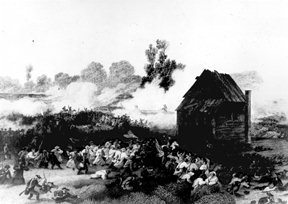Introductory Post
Vital spark of heav’nly flame!
Quit, O quit this mortal frame:
Trembling, hoping, ling’ring, flying,
O the pain, the bliss of dying!
Cease, fond Nature, cease thy strife,
And let me languish into life.
Hark! they whisper; angels say,
Sister Spirit, come away!
What is this absorbs me quite?
Steals my senses, shuts my sight,
Drowns my spirits, draws my breath?
Tell me, my soul, can this be death?
The world recedes; it disappears!
Heav’n opens on my eyes! my ears
With sounds seraphic ring!
Lend, lend your wings! I mount! I fly!
O Grave! where is thy victory?
O Death! where is thy sting?
“The Dying Christian to his Soul” Alexander Pope (1708-12).
__________________________________________
Introduction:
Greetings, good viewers of Alternate History. I initially planned on offering some of my writing of this tale before writing an introduction, but then I realized that it would be remiss to not offer a proper explanation first. Therefore, this shall be the first post.
This shall be the tale of a world without John Marshall. A great Chief Justice and a great man, slain, in this speculative work, before his time a few days before the OTL Battle of Great Bridge. John Marshall, the man who, through Marbury V. Madison, fomented, through both iron resolve and geniality to other justices, the process of judicial review. John Marshall, who was so well regarded by the people that, upon his death on July 8 1835, the Liberty Bell rang for him as a sign of deference, cracking in the process. This date was, oddly enough, 59 years to the exact day Philadelphia's prominent bell rang out the sound of independence. Perhaps that was an ominous portent, one of future disunity after the death of Marshall. Perhaps it was a signal that the America with Marshall will be separated, by a crack of history, from the America without Marshall. Or, perhaps, the Bell was old, and it just cracked.
John Marshall, through his gregarious and convivial nature, was able to create a powerful, unified Supreme Court. Without him, it seems unlikely that the Court would have been unified, the other members of the Court, for the most part, being more austere and laconic,
Indeed, his influence comes before this. Not as well known is his strong role played in getting Virginia to ratify the Constitution, serving alongside Judge Pendleton and Henry “Light Horse Harry” Lee on the federalist side, opposing men like the relatively obscure George Mason and the eloquent, respected, near godly Patrick Henry.. In the end, the Constitution was approved, and amendments that antifederalists wished for were agreed to be added after the fact. Marshall’s political amiability and shrewdness in operation (the only man he was said to have maintained a strong animosity for was a second cousin of his, Thomas Jefferson) were boons to him and a credit to his character. Without him, and his actions, the Supreme Court, and perhaps (though this may stretch plausibility a bit) even the fate of the Constitution in Virginia, would be in doubt.
A note on the poem above that provided inspiration for the name: Alexander Pope was widely known to many in the Colonies. John Marshall’s future wife, Polly, once rejected him, and, in a fit of tears, sent a lock of her hair to him, being full aware of him knowing The Rape of the Lock, by Pope, and seeing it as a nonverbal sign she repented and accepted him.
In all, this America will be different, more divided, more bloody. There will be less land for the American eagle, and more for others. Less will be held in high esteem in terms of what the nation cherishes. This world will be better, in some respects, most certainly. But in others, it will be worse. I do not intend to make this a “wank” as the term is (to any who do not know this and are fearing I am making an obscene remark, a wank is when a country is written to be exceedingly powerful, and remains as such throughout the timeline. Say, for example, the British Empire remains dominant throughout the few previous centuries, to the present day, without any enemies rising up to defeat them). I'm going to try my best to make the world balanced and fair, while also being unique and interesting. (No disrespect intended to writers of these wanks of course, so apologies if anyone was offended).
A note on methodology, before I go further. I will attempt to do a great deal of “history book” type writing, with fictional historical texts as my main method of pushing this tale forward. In addition to that, I would enjoy writing epistolary work, some doggerel when it strikes my interest, and some narrative writing in there. All of which I will find fun, it will be great to try out different writing styles.
It would be impolite of me, in making this venture, not to thank the people who helped me along the way:
Firstly, my mother, father and brother. They have inspired me, aided me, comforted me, and saved me from committing many foolish mistakes. For that, and for much more, I shall always be loyal and be of equal aid to them.
Second, my friends. As a person who, for some years of my life, was quite untalkative, I have begun to open up over the years, and I have become more loquacious (probably, I must admit, to the point of irritating someone along the way). A man is not the mere creation of books, he is the creation of the people around him. I was constantly molded by my surroundings and by the people there, and I still am. To that, my friends, I am grateful to you.
I would like to thank, while I am here, Lizzie S. and Sophia H. for their aid in helping me brainstorm the other night. You guys definitely know your early American history., thanks for giving me some awesome ideas I would have never thought of (and also not for bashing some of my weird ideas that I will never speak of publicly). Thanks in advance to the rest of the History Club (Anthony M, Nick V, Ryan B), I'll probably bother you all at some point for more ideas in the future .
.
I would like to thank my history teachers, for being good at their jobs and being indulgent regarding my questions. You spurred a passion in me that will not soon fade away.
I would like to thank the astounding works I have read here, whether in part or in full (mostly in part, to be honest). Some influential ones include: “Look to the West”, “Lands of Red and Gold”, “The Dead Skunk”, “The Commonwealth of New England” universe, "An Age of Miracles", among others of course. It makes for great reading, and is helpful in formulating a writing process.
Lastly, I would wish to thank the readers. Depending on how long this actually ends up being, and whether my verbiage matches the ideas in my head, this will be a rather long project. Please pardon in advance absences, writers blocks, and fear. Over my decent length of time on the Board, I have seen the vast majority of posters here being courteous and attentive, offering critiques, source suggestions, and praise of work. If I only receive a fraction of that, I will be content with this.
As you can probably tell by now, this is my first timeline. Let’s hope this doesn’t crash and burn. Feel free to point out any errors I have.
(Note: I’ll attempt to update this “List of Gratitude” if I find anyone else whom I believe deserves praise).
Also, here is a list of sources I am currently using. This will be updated a great deal, hopefully with regularity:
John Marshall: Definer of a Nation, Jean Edward Smith (Great book)
This article on Talleyrand and French Emigres in Philadelphia:
file:///C:/Users/Admin/Downloads/42287-Article%20Text-42126-1-10-20121205%20(2).pdf
Creation of Kentucky book (Note: Yet to read, here for reference)
https://www.google.com/books/edition/Kentucky_s_Road_to_Statehood/h8weBgAAQBAJ?q=&gbpv=1#f=false


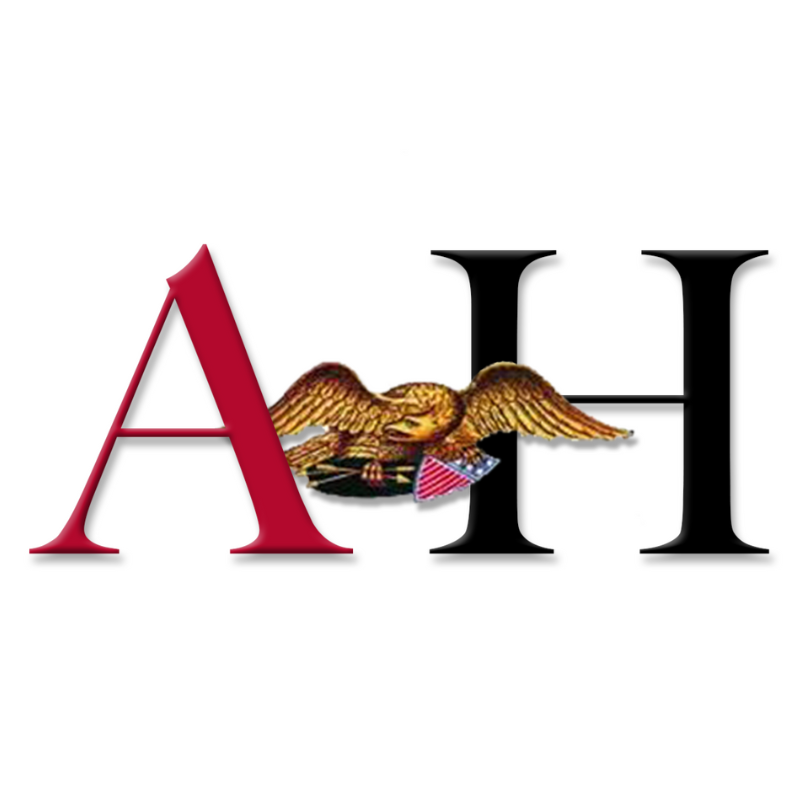 www.americanheritage.com
www.americanheritage.com
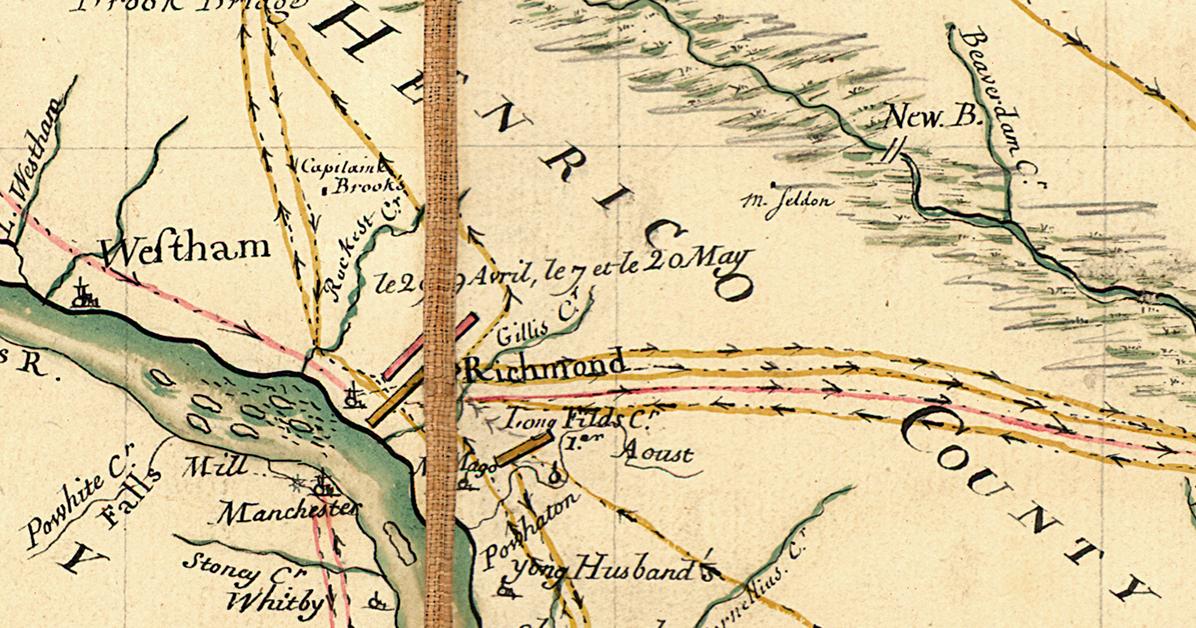
 www.battlefields.org
www.battlefields.org
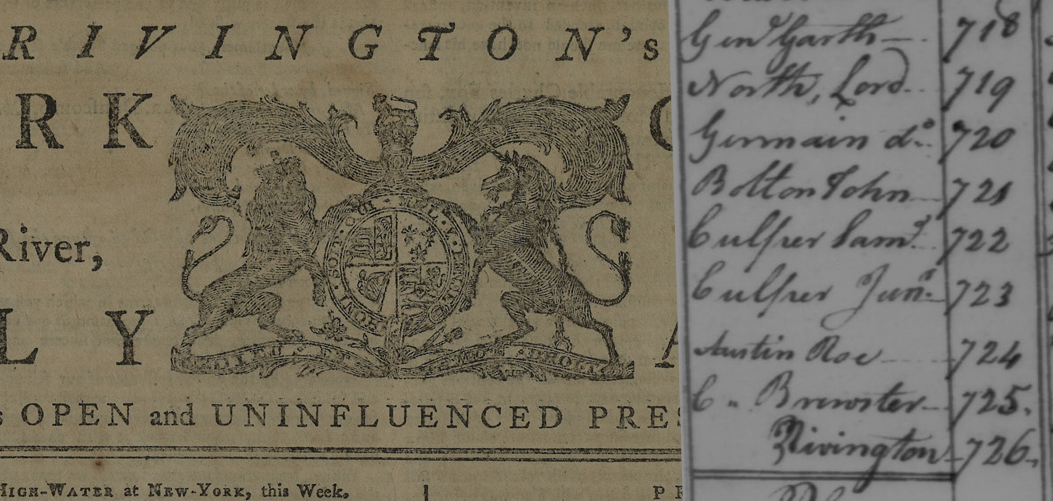
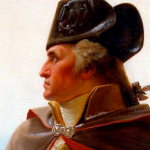 allthingsliberty.com
allthingsliberty.com
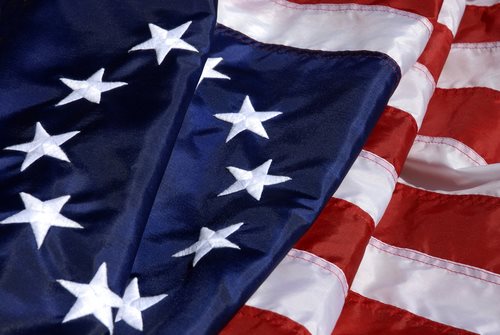
 constitution.laws.com
constitution.laws.com
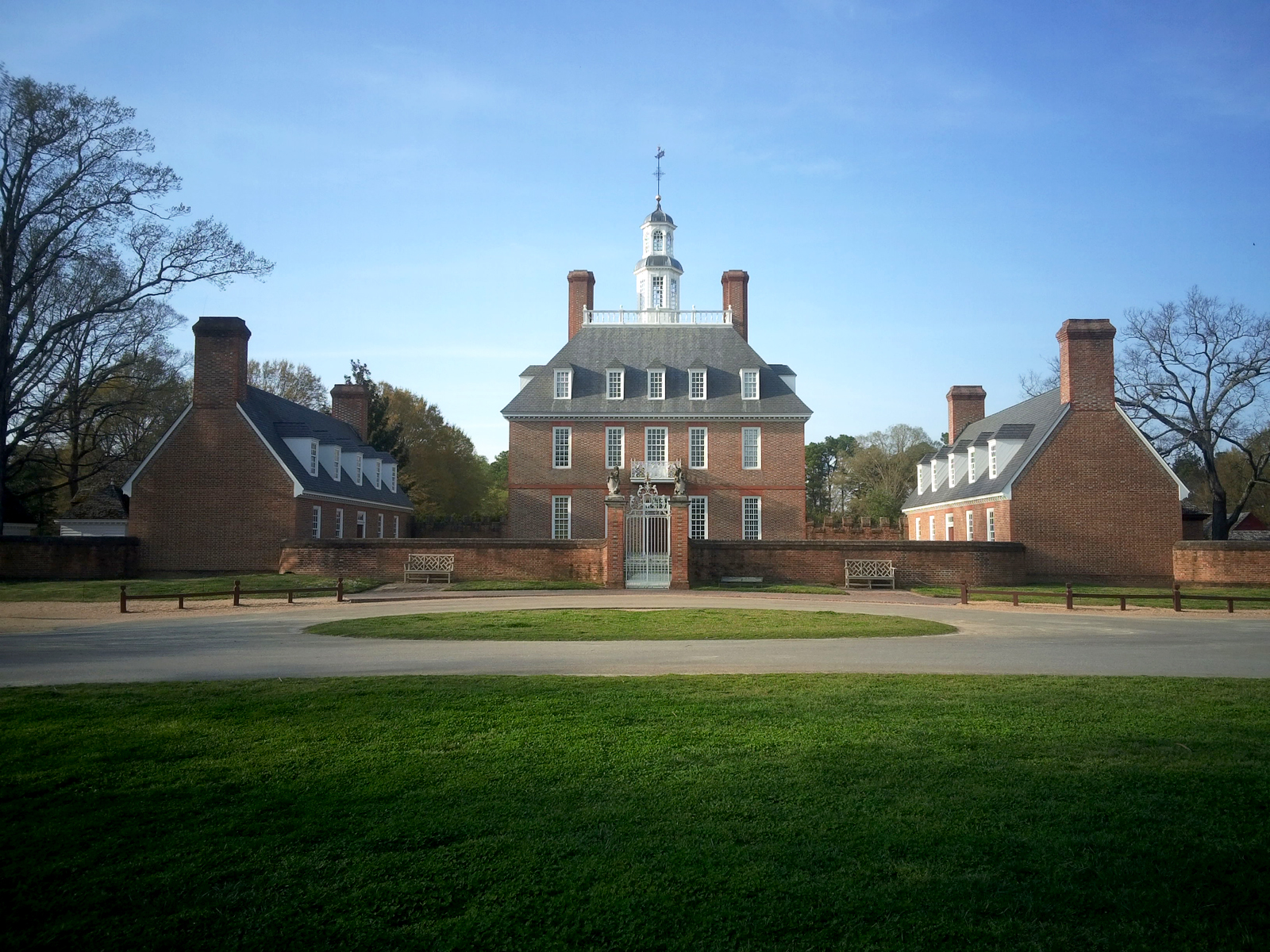
 allthingsliberty.com
allthingsliberty.com

 allthingsliberty.com
allthingsliberty.com
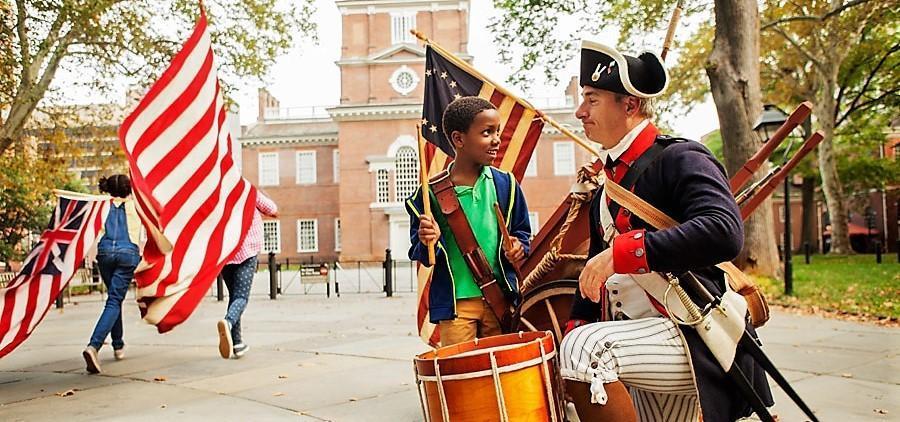
 www.phillybite.com
www.phillybite.com

 www.history.com
https://allthingsliberty.com/2013/02/john-adamss-rule-of-thirds/
www.history.com
https://allthingsliberty.com/2013/02/john-adamss-rule-of-thirds/
http://breedshill.org/The_Breeds_Hill_institute/The_One_Third_Myth.html
https://www.ushistory.org/us/11b.asp
https://www.archives.gov/founding-docs/declaration-transcript

 www.newenglandhistoricalsociety.com
www.newenglandhistoricalsociety.com
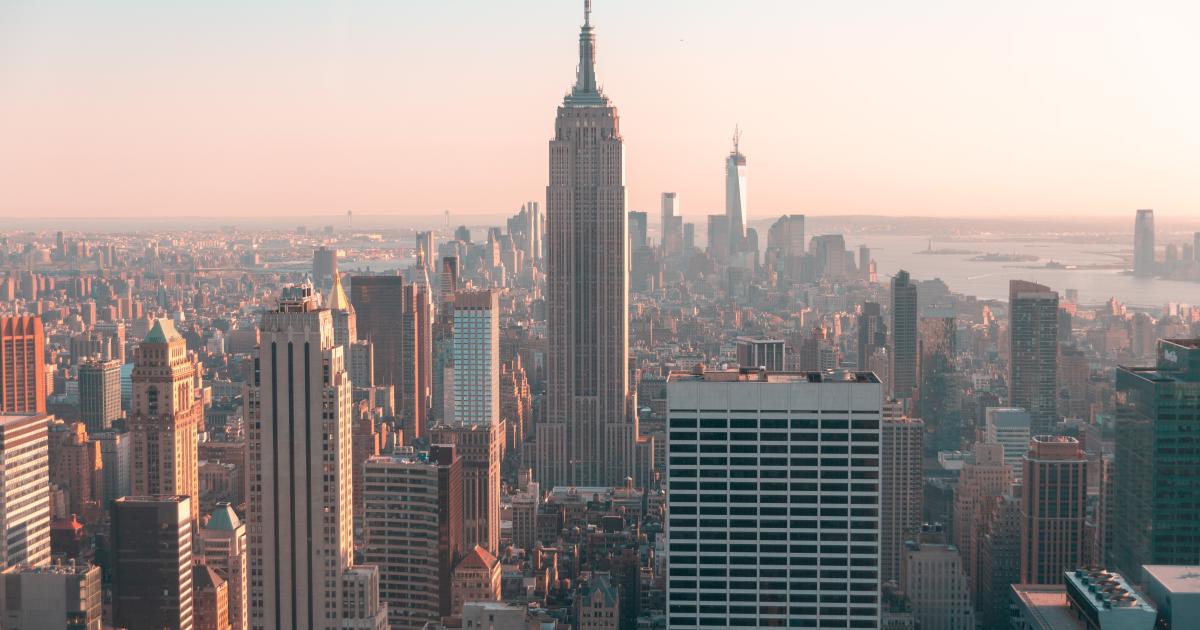
 www.battlefields.org
www.battlefields.org
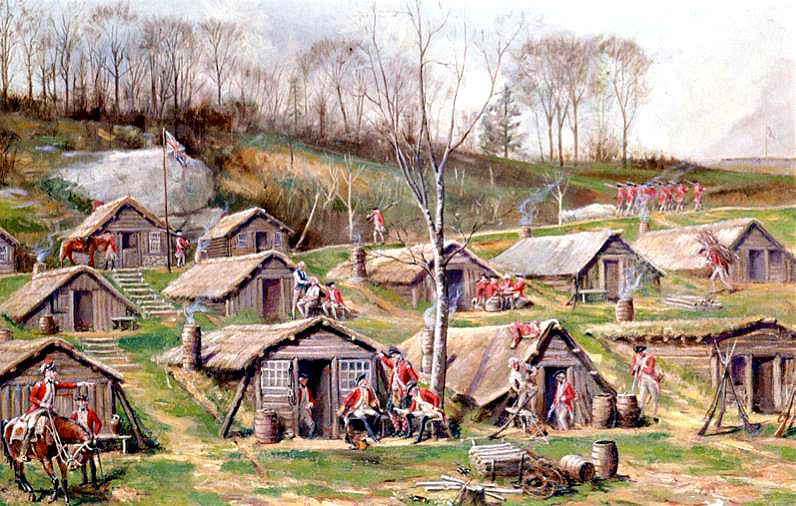
 allthingsliberty.com
If anyone has any source suggestions, feel free to pass them along.
allthingsliberty.com
If anyone has any source suggestions, feel free to pass them along.
Without further ado, I’ll end this overly long introduction. I wish you all a pleasant rest of your day, night, or afternoon, depending on time zones.
Yours Sincerely,
OmiH
Quit, O quit this mortal frame:
Trembling, hoping, ling’ring, flying,
O the pain, the bliss of dying!
Cease, fond Nature, cease thy strife,
And let me languish into life.
Hark! they whisper; angels say,
Sister Spirit, come away!
What is this absorbs me quite?
Steals my senses, shuts my sight,
Drowns my spirits, draws my breath?
Tell me, my soul, can this be death?
The world recedes; it disappears!
Heav’n opens on my eyes! my ears
With sounds seraphic ring!
Lend, lend your wings! I mount! I fly!
O Grave! where is thy victory?
O Death! where is thy sting?
“The Dying Christian to his Soul” Alexander Pope (1708-12).
__________________________________________
Introduction:
Greetings, good viewers of Alternate History. I initially planned on offering some of my writing of this tale before writing an introduction, but then I realized that it would be remiss to not offer a proper explanation first. Therefore, this shall be the first post.
This shall be the tale of a world without John Marshall. A great Chief Justice and a great man, slain, in this speculative work, before his time a few days before the OTL Battle of Great Bridge. John Marshall, the man who, through Marbury V. Madison, fomented, through both iron resolve and geniality to other justices, the process of judicial review. John Marshall, who was so well regarded by the people that, upon his death on July 8 1835, the Liberty Bell rang for him as a sign of deference, cracking in the process. This date was, oddly enough, 59 years to the exact day Philadelphia's prominent bell rang out the sound of independence. Perhaps that was an ominous portent, one of future disunity after the death of Marshall. Perhaps it was a signal that the America with Marshall will be separated, by a crack of history, from the America without Marshall. Or, perhaps, the Bell was old, and it just cracked.
John Marshall, through his gregarious and convivial nature, was able to create a powerful, unified Supreme Court. Without him, it seems unlikely that the Court would have been unified, the other members of the Court, for the most part, being more austere and laconic,
Indeed, his influence comes before this. Not as well known is his strong role played in getting Virginia to ratify the Constitution, serving alongside Judge Pendleton and Henry “Light Horse Harry” Lee on the federalist side, opposing men like the relatively obscure George Mason and the eloquent, respected, near godly Patrick Henry.. In the end, the Constitution was approved, and amendments that antifederalists wished for were agreed to be added after the fact. Marshall’s political amiability and shrewdness in operation (the only man he was said to have maintained a strong animosity for was a second cousin of his, Thomas Jefferson) were boons to him and a credit to his character. Without him, and his actions, the Supreme Court, and perhaps (though this may stretch plausibility a bit) even the fate of the Constitution in Virginia, would be in doubt.
A note on the poem above that provided inspiration for the name: Alexander Pope was widely known to many in the Colonies. John Marshall’s future wife, Polly, once rejected him, and, in a fit of tears, sent a lock of her hair to him, being full aware of him knowing The Rape of the Lock, by Pope, and seeing it as a nonverbal sign she repented and accepted him.
In all, this America will be different, more divided, more bloody. There will be less land for the American eagle, and more for others. Less will be held in high esteem in terms of what the nation cherishes. This world will be better, in some respects, most certainly. But in others, it will be worse. I do not intend to make this a “wank” as the term is (to any who do not know this and are fearing I am making an obscene remark, a wank is when a country is written to be exceedingly powerful, and remains as such throughout the timeline. Say, for example, the British Empire remains dominant throughout the few previous centuries, to the present day, without any enemies rising up to defeat them). I'm going to try my best to make the world balanced and fair, while also being unique and interesting. (No disrespect intended to writers of these wanks of course, so apologies if anyone was offended).
A note on methodology, before I go further. I will attempt to do a great deal of “history book” type writing, with fictional historical texts as my main method of pushing this tale forward. In addition to that, I would enjoy writing epistolary work, some doggerel when it strikes my interest, and some narrative writing in there. All of which I will find fun, it will be great to try out different writing styles.
It would be impolite of me, in making this venture, not to thank the people who helped me along the way:
Firstly, my mother, father and brother. They have inspired me, aided me, comforted me, and saved me from committing many foolish mistakes. For that, and for much more, I shall always be loyal and be of equal aid to them.
Second, my friends. As a person who, for some years of my life, was quite untalkative, I have begun to open up over the years, and I have become more loquacious (probably, I must admit, to the point of irritating someone along the way). A man is not the mere creation of books, he is the creation of the people around him. I was constantly molded by my surroundings and by the people there, and I still am. To that, my friends, I am grateful to you.
I would like to thank, while I am here, Lizzie S. and Sophia H. for their aid in helping me brainstorm the other night. You guys definitely know your early American history., thanks for giving me some awesome ideas I would have never thought of (and also not for bashing some of my weird ideas that I will never speak of publicly). Thanks in advance to the rest of the History Club (Anthony M, Nick V, Ryan B), I'll probably bother you all at some point for more ideas in the future
I would like to thank my history teachers, for being good at their jobs and being indulgent regarding my questions. You spurred a passion in me that will not soon fade away.
I would like to thank the astounding works I have read here, whether in part or in full (mostly in part, to be honest). Some influential ones include: “Look to the West”, “Lands of Red and Gold”, “The Dead Skunk”, “The Commonwealth of New England” universe, "An Age of Miracles", among others of course. It makes for great reading, and is helpful in formulating a writing process.
Lastly, I would wish to thank the readers. Depending on how long this actually ends up being, and whether my verbiage matches the ideas in my head, this will be a rather long project. Please pardon in advance absences, writers blocks, and fear. Over my decent length of time on the Board, I have seen the vast majority of posters here being courteous and attentive, offering critiques, source suggestions, and praise of work. If I only receive a fraction of that, I will be content with this.
As you can probably tell by now, this is my first timeline. Let’s hope this doesn’t crash and burn. Feel free to point out any errors I have.
(Note: I’ll attempt to update this “List of Gratitude” if I find anyone else whom I believe deserves praise).
Also, here is a list of sources I am currently using. This will be updated a great deal, hopefully with regularity:
John Marshall: Definer of a Nation, Jean Edward Smith (Great book)
This article on Talleyrand and French Emigres in Philadelphia:
file:///C:/Users/Admin/Downloads/42287-Article%20Text-42126-1-10-20121205%20(2).pdf
Creation of Kentucky book (Note: Yet to read, here for reference)
https://www.google.com/books/edition/Kentucky_s_Road_to_Statehood/h8weBgAAQBAJ?q=&gbpv=1#f=false
James Blair Proposition for Supplying Virginia with Clergy 1699 September 6 | Colonial Williamsburg Digital Library
research.colonialwilliamsburg.org

Williamsburg during the Colonial Period - Encyclopedia Virginia
Establishment of Middle Plantation The land that eventually became Williamsburg was first utilized by at least two groups that were part of Tsenacomoco, a of Algonquian-speaking Indians led, until 1618, by Powhatan. The , whose village was located six miles upriver from Jamestown, and the , who...
encyclopediavirginia.org

John Murray fourth earl of Dunmore (ca. 1730–1809) - Encyclopedia Virginia
Early Years Medallions Commemorating the Seven Years’ War Murray was born around 1730 probably at Taymount, the estate of his parents, William Murray and Catherine Nairne Murray, in Perthshire, Scotland. He served as a page to Charles Edward Stuart (often called Bonnie Prince Charlie) during the...
encyclopediavirginia.org
Men of the Revolution: 15. Frederick Mackenzie
Of the British officers who served in America during the Revolution, the names Howe and Clinton, Burgoyne and Cornwallis, are the ones that echo across the (Issue: October 1975)..

Richmond during the Revolutionary War
One of the lesser known cities that took part in the Revolutionary War, Richmond, Virginia, was home to many revolutionary figures that influenced the...

James Rivington: King’s Printer and Patriot Spy? - Journal of the American Revolution
This article was originally published in Journal of the American Revolution, Vol. 1 (Ertel Publishing, 2013). Solving “the Most Astounding” Mystery of the American Revolution In early spring 1773, readers of the Boston Gazette came across an ambitious business proposal when they opened the March...

Edmund Randolph
Edmund Randolph - Understand Edmund Randolph, LAWS.COM - American Constitution 1789, its processes, and crucial LAWS.COM - American Constitution 1789 information needed.

Williamsburg on the Eve of War - Journal of the American Revolution
A visitor to Williamsburg prior to the outbreak of the Revolutionary War would have discovered a city of just 1,900 inhabitants, roughly 900 of whom were white and free and the remaining 1,000 black and mostly enslaved.1 These were the year-round inhabitants who lived in the several hundred...

Top 10 Revolutionary War Newspapers - Journal of the American Revolution
Historians have long praised newspapers for the role they played during the American Revolution, but they don’t always zero in on specific papers that were particularly important during this time. Rather, they give deserving praise to all of the press for the help they gave in winning...

What Happened in Philadelphia History 1776
Philadelphia Historical Timeline - 1776: In January, Thomas Paine publishes his pamphlet Common Sense. His argument spreads throughout the colonies, rallyi

Philadelphia: A History of the City of Brotherly Love
Pennsylvania's largest city is known as the home of the Liberty Bell, Independence Hall and the "Rocky" statue.
http://breedshill.org/The_Breeds_Hill_institute/The_One_Third_Myth.html
https://www.ushistory.org/us/11b.asp
https://www.archives.gov/founding-docs/declaration-transcript

How the British Tortured Ethan Allen - New England Historical Society
For more than two years, the British tortured a prize POW, Ethan Allen. Find out how they did it both psychologically and physically.
 www.newenglandhistoricalsociety.com
www.newenglandhistoricalsociety.com

Lost Battlefield: The Disastrous Battle for New York
This page describes the string of British victories that drove Washington's Continental Army out of New York City at the beginning of the American Revolution.

"To Huts": British Winter Cantonments around New York City - Journal of the American Revolution
The British Occupation of the New York City region during the Revolutionary War was the longest continuous occupation of any area of the entire war. After the fall of New York in 1776 and the British retreat from Philadelphia in 1778 the British and American armies surrounding the New York...
Without further ado, I’ll end this overly long introduction. I wish you all a pleasant rest of your day, night, or afternoon, depending on time zones.
Yours Sincerely,
OmiH
Last edited:
